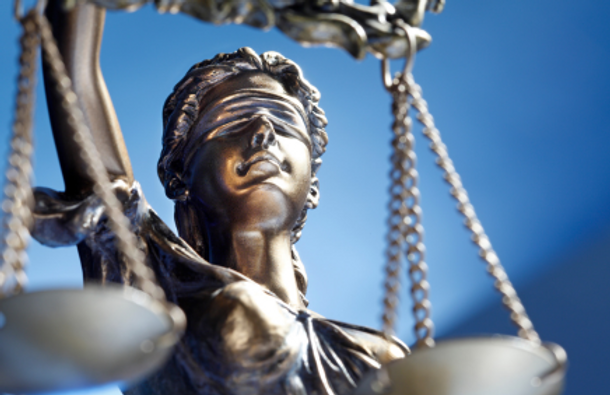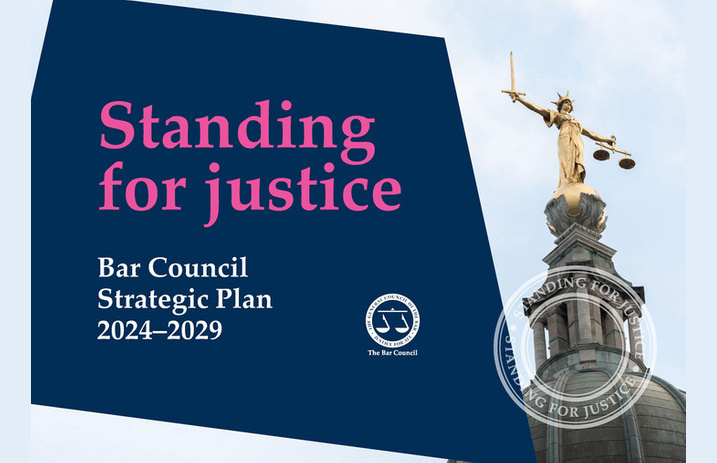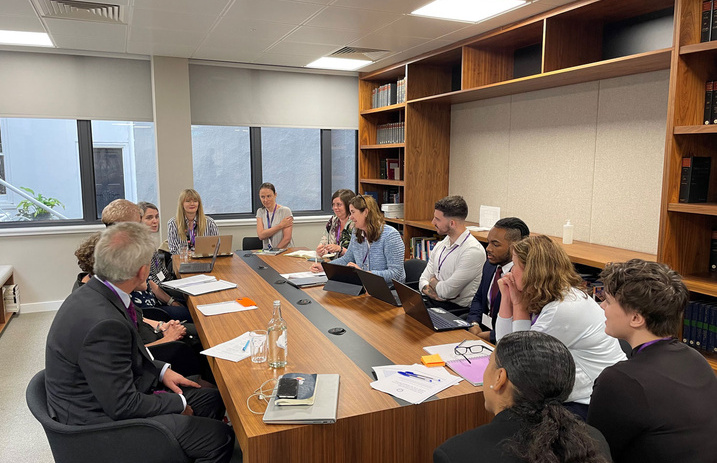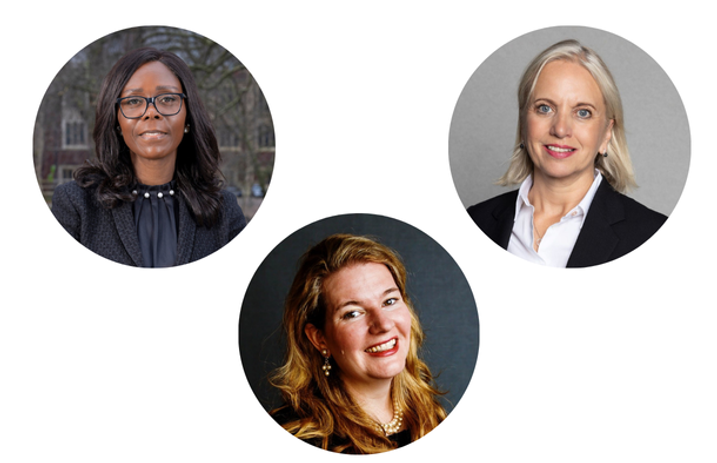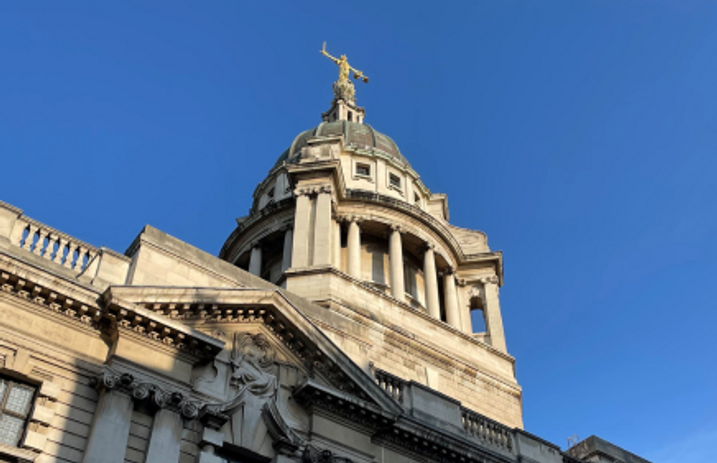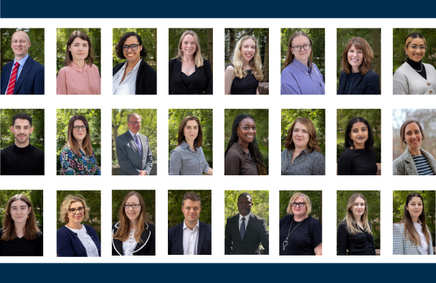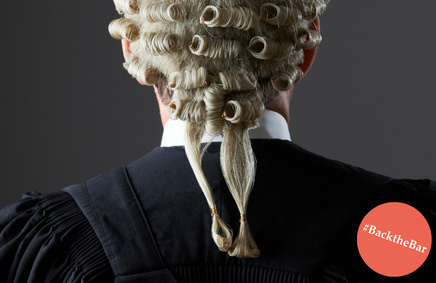Beginnings
Lawyers took over the Inner and Middle Temples from the Order of Knights Templar, a Common Bench having been established at Westminster in the late 13th and early 14th century. Lincoln's and Gray's Inns grew from association with Henry de Lacy, Earl of Lincoln and the de Gray family respectively. From the 17th century onward, the right to practise as an advocate in the Royal Courts was restricted to members of the Inns, the Bar becoming firmly a referral profession acting on the instructions of solicitors in the 19th century.
Discipline
Discipline over the Bar has, since the reign of Edward I, been the responsibility of the judges; in practice carried out by the benchers of the Inns but subject to the visitorial jurisdiction of the judges. The General Council of the Bar (Bar Council) was formed in 1894 to deal with matters of professional etiquette.
In 1974, the Bar Council and the governing body of the Inns, the Senate, combined to form the Senate of the Inns of Court and the Bar. However, on 1 January 1987, in line with the recommendations of a report on the Constitution of the Senate by Lord Rawlinson PC QC, a Council of the Inns of Court was re-established separately. The Courts and Legal Services Act 1990 designated the Bar Council as the authorised body for the profession.
Regulatory framework
The Courts and Legal Services Act provides that people can appear in court if they are members of a professional body which:
- has rules governing the conduct of its members
- has an effective mechanism for enforcing those rules
- and is likely to enforce them.
The General Council of the Bar is the approved regulator of barristers under the Legal Services Act 2007. As such, we make sure our statutory functions are properly discharged by holding the Bar Standards Board (BSB) to account for its performance. In doing so, we seek to ensure the regulation of the profession is of consistent high quality, fairness, proportionality and value for money. The Bar Standards Board provides a regulatory framework, dealing with complaints and discipline, ethics and standards, education and training, equal opportunities and pupillage.
Representative responsibilities
The Bar Council has representational responsibilities in many areas, including the administration of justice and relations with Government, the European Union, legal professions in other countries, and other organisations with common interests. It participates in the negotiation of publicly funded fees in addition to law reform consultation.
Over 200 barristers serve on a range of committees, contributing to the well-being of the profession and of the public through the quality of service the profession provides. The positive involvement of so many practitioners also promotes accountability, both generally and within the work of the Secretariat.
